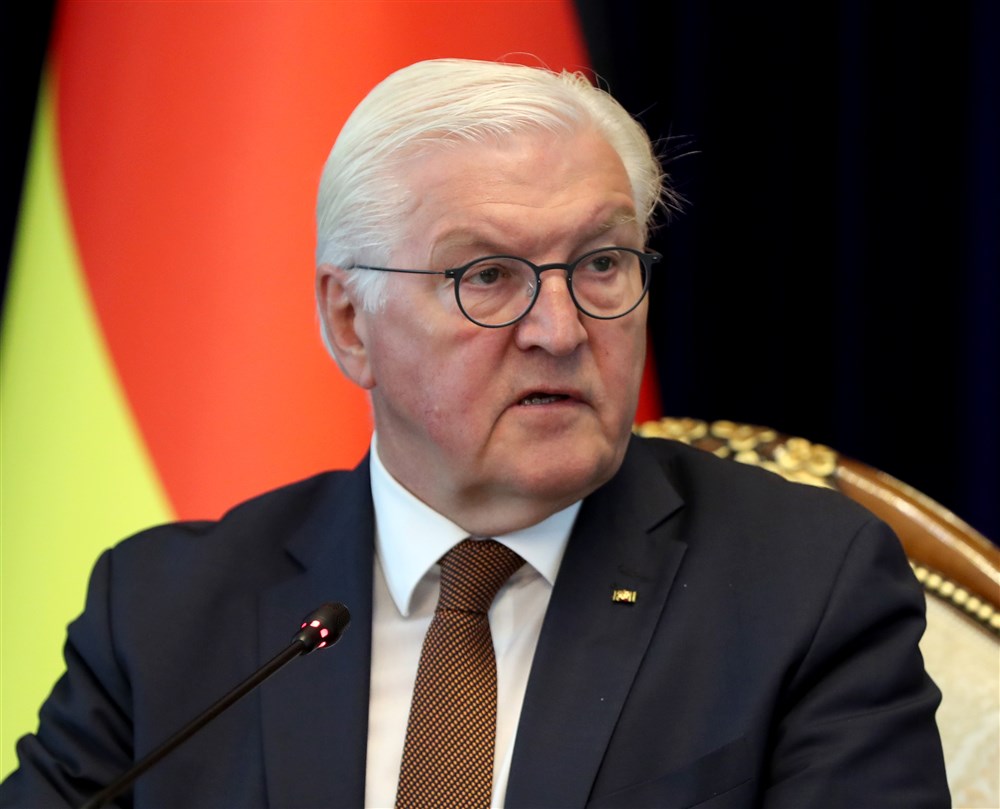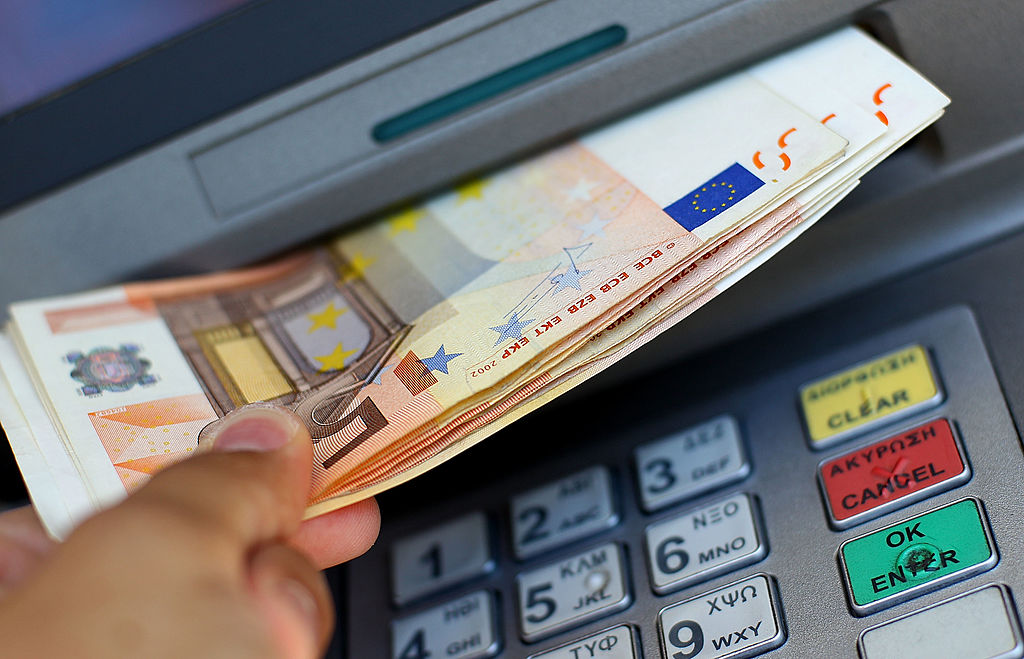Work testing a pan-European “digital identity wallet” officially began with a launch event in Paris on July 10, despite some criticism that the scheme represents the so-called “Chinafication” of Europe.
Titled “POTENTIAL”, the project aims to prove the viability of a form of digital identity document that works across state borders, with the experiment being backed by authorities across a number of European nations, including Ukraine.
Various private companies and organisations, including branches of Vodafone, T-Mobile and Telefonica, are also taking part in the consortium.
According to a press release from the French Government, POTENTIAL hopes to establish and demonstrate the various use-cases of digital ID in Europe.
In particular, the consortium aims to establish ways in which the ID system could help citizens access public services, set up bank accounts, prove their identity online and even establish that they are legally entitled to drive.
“Our common ambition is that from June 2025, the digital identity wallet will become the identity companion of French and European citizens, making it possible to guarantee the security of their procedures with, for example, administrations, banks, telephone operators, the medical profession, while keeping control of their identity data,” said France’s Ministry of the Interior and Overseas Territories.
However, some observers have expressed serious concerns over the rollout of digital identity across the bloc, particularly regarding personal privacy and especially in the wake of the COVID pandemic.
The project is reportedly scheduled to take place over the next 26 months in two phases, with the first testing national uses for the ID wallet, while the second will examine the cross-border implementation of the identification system.
€90 million is being dedicated to various projects aimed at testing the digital ID technology, with half of the funding provided by the European Union.





